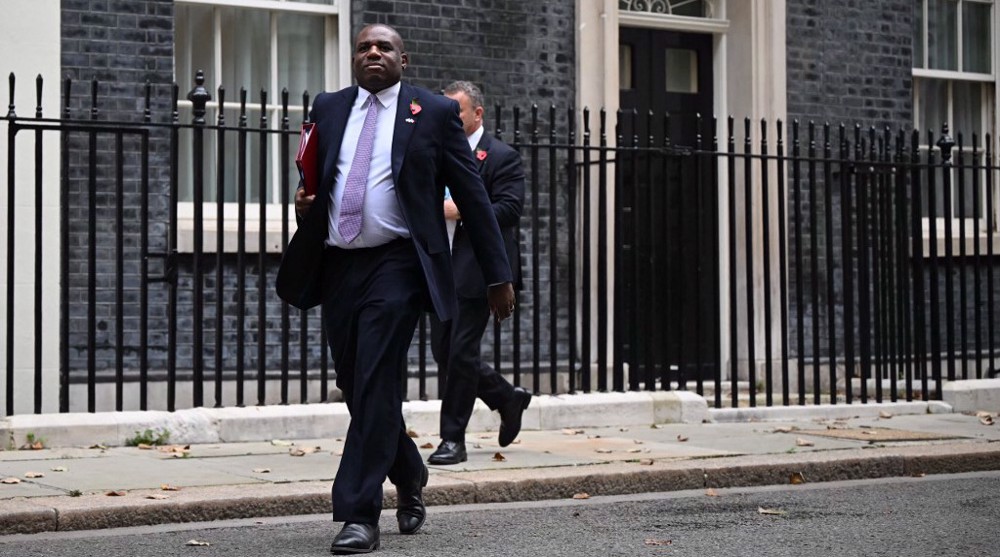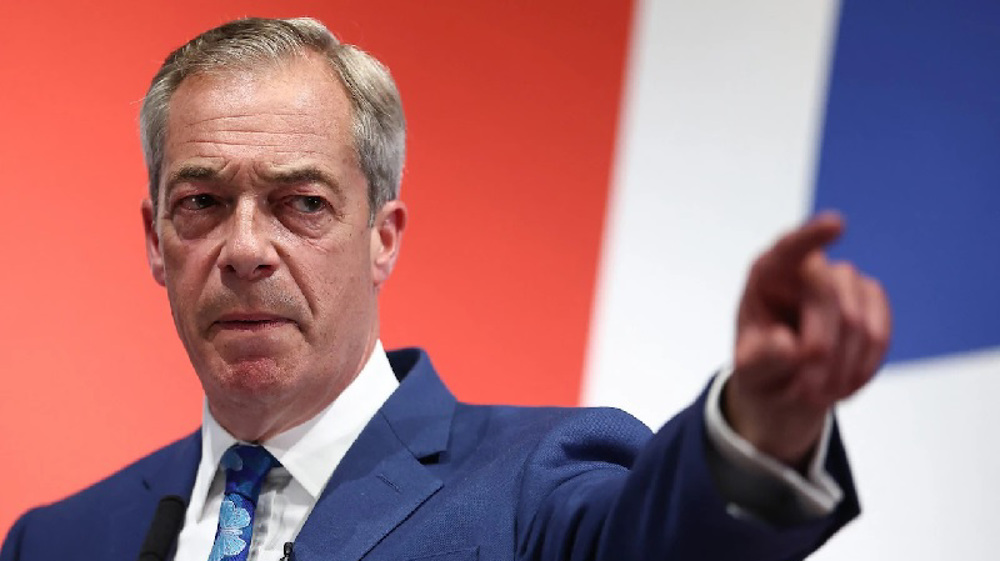Irish foreign minister takes swipe at Britain Brexit plans, border talks
Irish Foreign Minister Simon Coveney has criticized Britain’s Brexit proposal, saying the proposal has been met with widespread skepticism and that implementing an invisible border between Ireland and Northern Ireland as part of the Brexit plan is not a credible solution.
Speaking to reporters after talks with the EU’s chief Brexit negotiator Michel Barnier, Coveney said London’s plans for how to implement an invisible border between Ireland and Northern Ireland weren’t credible and called on Britain to make sure the Good Friday Agreement isn’t damaged by Brexit.
“I think there is a recognition that [Britain’s plan for its border with Ireland] needs a lot more work,” Coveney said. He further elaborated that the 1998 peace accord was negotiated based on the assumption that both Britain and Ireland would remain members of the EU.
Coveney added that unless the UK makes a more detailed proposal on what it owes the EU as it leaves the bloc in 2019, talks would not move forward to negotiations on trade. “Clearly, unless there is progress on that issue, we are not going to get to phase two,” he said.
The EU has said “sufficient progress” must be made on the Irish border, the exit bill and citizens’ rights before the talks can move on to a future trade relationship.
Convey dismissed criticism that the EU has impeded talks on Britan’s EU exit. “I’ve seen some media coverage to suggest that this is all the EU’s fault and Britain wants to resolve all of these issues, but because of the EU it can’t be done. I think really that that is a distortion of the facts... Britain is the country that has decided to leave the European Union. Britain in my view has a responsibility to its neighbors and friends.”

Barnier also warned Thursday last week that Britain’s approach to Brexit was “nostalgic” and “unrealistic," his strongest criticism of London’s stance on the talks so far.
Barnier was speaking at a tense press conference alongside the UK’s Brexit Minister David Davis at the end of the third round of EU-UK negotiations in the headquarters of the European Commission in Brussels.
“When I read some of the papers that David has sent me… I see a sort of nostalgia in the form of specific requests that would amount to enjoying the benefits of the single market without being part of it,” Barnier said.
UNRWA warns of humanitarian collapse in Gaza
'Hello my enemies': Lebanese journalist on Israeli threats and his resolve to continue
Outrage in France as MP proposes bill to ban criticism of Israel
VIDEO | The strategy of Hezbollah in war
Israeli military withdraws several brigades from southern Lebanon: Report
48-year-old Palestinian man serving 48 life terms completes 22 years in Israeli jails
From MKO to Tondar, how Germany became safe haven for anti-Iran terror groups
Hamas open to any proposal aiming to end Gaza war: Hamdan
















 This makes it easy to access the Press TV website
This makes it easy to access the Press TV website